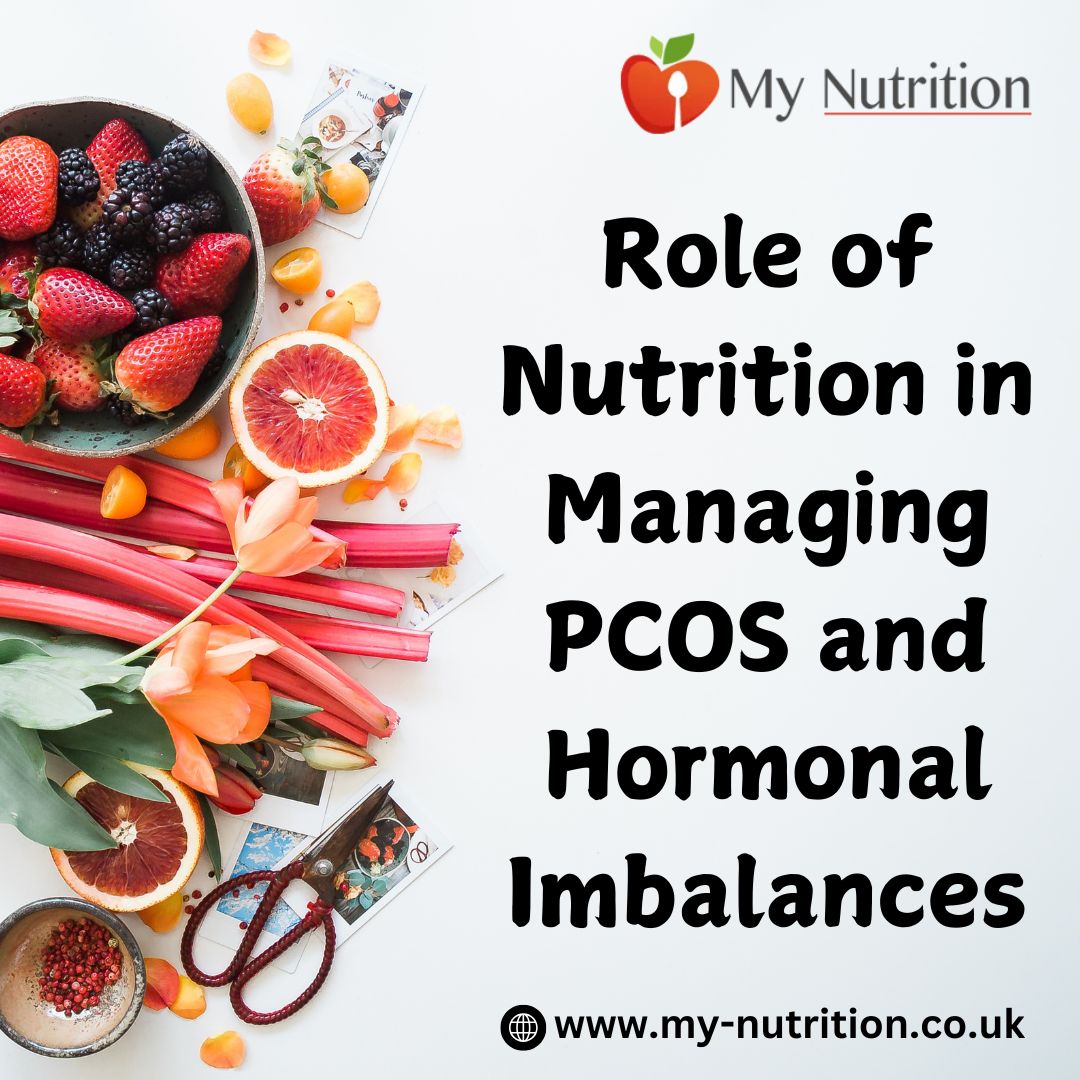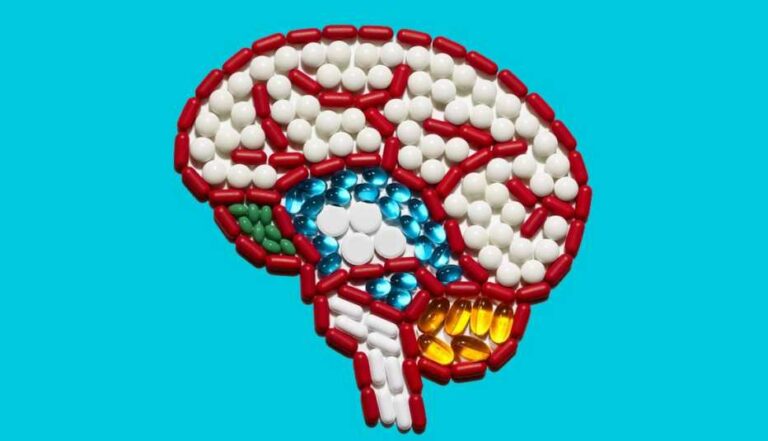The Role of Nutrition in Managing PCOS and Hormonal Imbalances
Polycystic Ovary Syndrome (PCOS) is one of the most common hormonal disorders affecting women, especially those of reproductive age. It is characterized by irregular menstrual cycles, excessive androgen (male hormone) levels, and cysts in the ovaries. PCOS is often associated with insulin resistance, weight gain, acne, and fertility issues. While medical treatment is important, working with a nutritional therapist London can help manage PCOS effectively. Nutrition plays a crucial role in balancing hormones naturally. In this article, we will explore how diet and lifestyle changes can support hormonal health and overall well-being.
Discover personalized nutrition plans with fitfeast and reach your health goals faster.
Understanding the Link Between Nutrition and Hormonal Balance
Hormones function as chemical messengers in the body, controlling everything from metabolism to mood and reproductive health. An imbalance can result in a variety of health concerns, including PCOS, thyroid abnormalities, and adrenal exhaustion. A well-balanced diet helps manage insulin, cortisol, and reproductive hormones, making it critical for women with PCOS and other hormonal issues.
Essential Nutrients for Managing PCOS and Hormonal Imbalances
1. Protein for Blood Sugar Control
Protein is necessary for maintaining blood sugar levels, suppressing appetites, and supporting hormone production. A PCOS-friendly diet should include high-protein foods like eggs, lean meat, fish, tofu, and legumes.
2. Healthy Fats for Hormone Production
Fats are crucial for the production of oestrogen, progesterone, and testosterone. Opt for healthy fats from sources such as avocados, nuts, seeds, olive oil, and fatty fish like salmon.
3. Fibre for Detoxification
Fiber-rich foods like whole grains, fruits, and vegetables help eliminate excess estrogen from the body and support gut health, which is directly linked to hormonal balance. Additionally, supplements like a berberine supplement may further promote metabolic and hormonal health.
4. Omega-3 Fatty Acids for Reducing Inflammation
Inflammation is a major contributor to hormonal imbalances. Omega-3-rich foods like flaxseeds, walnuts, and fatty fish help reduce inflammation and support overall hormone health.
5. Magnesium for Stress Reduction
Stress can worsen hormonal imbalances, leading to irregular cycles and worsening PCOS symptoms. Magnesium-rich foods such as spinach, almonds, and dark chocolate can help lower stress and improve sleep quality.
Best Diet Plan for PCOS Management
1. Focus on Whole Foods.
Avoid processed foods, refined sugars, and artificial additives. Instead, choose whole foods that provide essential nutrients without unnecessary chemicals.
2. Adopt a Low-Glycaemic Index (GI) Diet
Stable blood sugar levels can be maintained with a low-GI diet. Refined carbohydrates like white bread and pastries should be avoided in favour of complex carbohydrates like quinoa, sweet potatoes, and whole grains.
3. Include Anti-Inflammatory Foods
Turmeric, ginger, berries, and green tea have powerful anti-inflammatory properties that can help manage PCOS symptoms.
4. Stay Hydrated
Drinking plenty of water helps flush out toxins and supports overall metabolic function.
5. Avoid Dairy and Gluten (If Sensitive)
Some women with PCOS find that reducing dairy and gluten improves their symptoms. Dairy can sometimes increase insulin levels, while gluten can trigger inflammation.
Lifestyle Changes to Support Hormonal Health
1. Regular Exercise
Engaging in physical activity such as strength training, yoga, or brisk walking helps improve insulin sensitivity and reduce stress.
2. Prioritise Sleep
Lack of sleep can disrupt hormone production. Aim for at least 7-9 hours of quality sleep each night.
3. Manage Stress Effectively
Chronic stress leads to high cortisol levels, which can worsen PCOS symptoms. Practice mindfulness, meditation, or deep breathing exercises to manage stress.
4. Consider Supplementation
Certain supplements, such as vitamin D, inositol, and zinc, may help regulate hormones. Always consult a healthcare professional before adding supplements to your routine.
Seeking Professional Guidance
While diet and lifestyle changes can significantly improve PCOS symptoms, working with a qualified nutritional therapist in London or anywhere in the UK can provide personalised advice tailored to your needs. If you are looking for the best nutritional therapist, My Nutrition offers expert guidance to help you create a sustainable and effective health plan.
Final Thoughts
Managing PCOS and hormonal imbalances through nutrition is a long-term commitment that requires consistency and patience. By making simple yet effective dietary changes, adopting a healthier lifestyle, and seeking professional support from a nutritional therapist in UK, women can take control of their health and improve their quality of life. If you are struggling with PCOS, start with small dietary adjustments, stay active, and prioritise self-care. Your body will thank you for it!
Frequently Asked Questions (FAQs)
1. Can diet alone cure PCOS?
Diet cannot completely cure PCOS, but it plays a significant role in managing symptoms and improving hormonal balance. A well-planned diet can help regulate insulin levels, reduce inflammation, and support overall health.
2. What foods should I avoid if I have PCOS?
Avoid processed foods, sugary drinks, refined carbohydrates, and trans fats, as they can contribute to insulin resistance and inflammation.
3. Is intermittent fasting beneficial for PCOS?
Intermittent fasting may help some women with PCOS by improving insulin sensitivity and reducing inflammation. However, it may not be suitable for everyone, so consulting a Nutritionist in London or healthcare professional is recommended.
4. Can dairy and gluten worsen PCOS symptoms?
Some women with PCOS find that reducing dairy and gluten improves their symptoms, as these can contribute to inflammation and insulin resistance in sensitive individuals.
5. How long does it take to see improvements with dietary changes?
It varies from person to person, but most women notice improvements in their symptoms within a few months of adopting a balanced diet and lifestyle changes.
6. Should I take supplements for PCOS?
Certain supplements, such as vitamin D, inositol, and magnesium, may help support hormone balance. Always consult a healthcare provider before starting any supplements.
7. How does exercise impact PCOS?
Regular physical activity helps improve insulin sensitivity, reduce stress, and support weight management, all of which are beneficial for managing PCOS.
8. Is weight loss necessary for managing PCOS?
Not all women with PCOS need to lose weight, but maintaining a healthy weight can help regulate hormones and improve symptoms.







